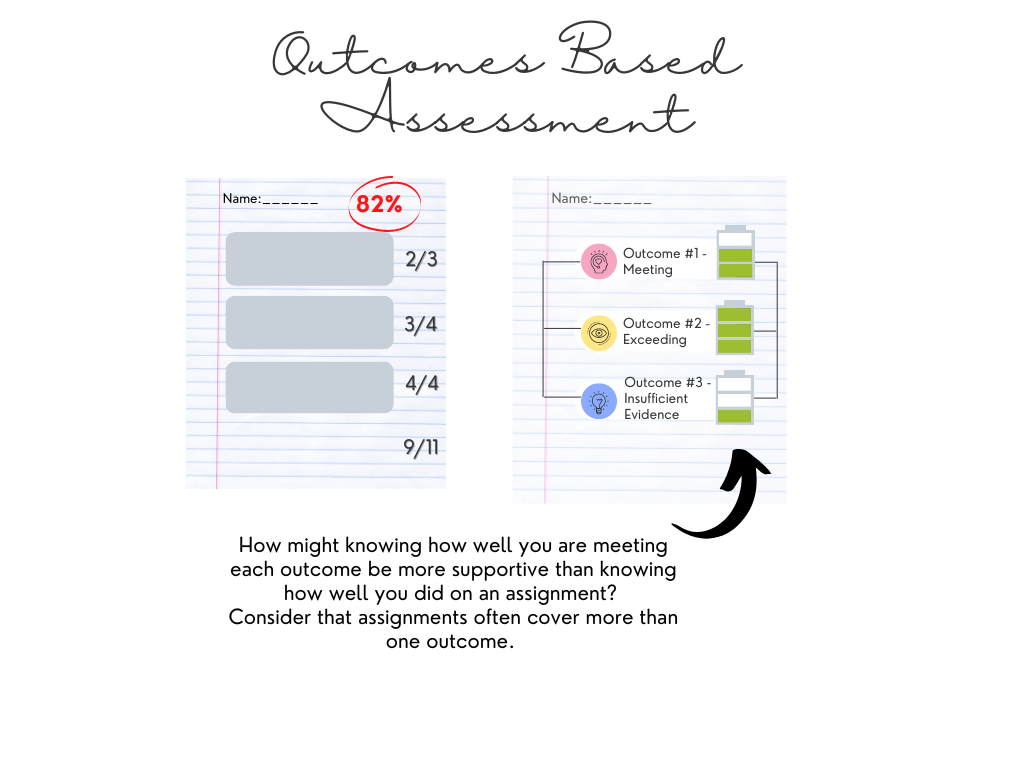What is the science behind your course design madness?
By Fred Phillips, Professor, Baxter Scholar, Edwards School of Business
As we begin another year, students are encountering some of the course design decisions made by their instructors. Some will be introduced to “flipped classrooms”, where students prepare by reading/viewing/responding to a learning prompt before it is formally taken up in class. Others will encounter new learning tools, such as adaptive reading systems that embed interactive questions within reading materials with the goal of assessing each student’s comprehension so that new topics can be delivered the moment he or she is ready to comprehend them.
Just as instructors have questions about these approaches and tools, students are likely to be curious about whether there is a method to our course design madness. To help explain the underlying learning science, I have made a few videos that describe relevant (and fun) studies that lend support to these pedagogies. Each video focuses on a particular question that students (and possibly instructors) are likely to have about elements of their courses. Each video describes two or three relevant studies in just enough depth to convey the gist of how they were designed and what they discovered. And, in the spirit of a TED Talk, they are each less than 10 minutes in length.
My thought with these videos is that instructors can send each link to students at the moment they expect their students will be asking the particular question, or they can provide them en masse. My hope is that the videos will help students appreciate why our courses might be designed as they are. And, if we’re really lucky, the videos will inspire our campus community to learn more about the scholarship of teaching and learning. Enjoy!
1. Why do we have so many tests? (7 min 24 sec)
- Students often wonder why I plan frequent quizzes and exams throughout the term.
https://youtu.be/jHGEZnexIOc
2. Why attempt to answer questions before “being taught”? (7 min 22 sec)
- Students often think that there isn’t benefit in attempting to answer questions before they are formally taught content.
https://youtu.be/8WiTBOjmB50
3. Is easier and more convenient learning better? (8 min 54 sec)
- Is it more effective for students to have a cramming study session or to study throughout the term? When practicing, should students group questions of similar type or mix different question types? Does use of analogies help or hinder student learning?
https://youtu.be/StRfmuefBh8


